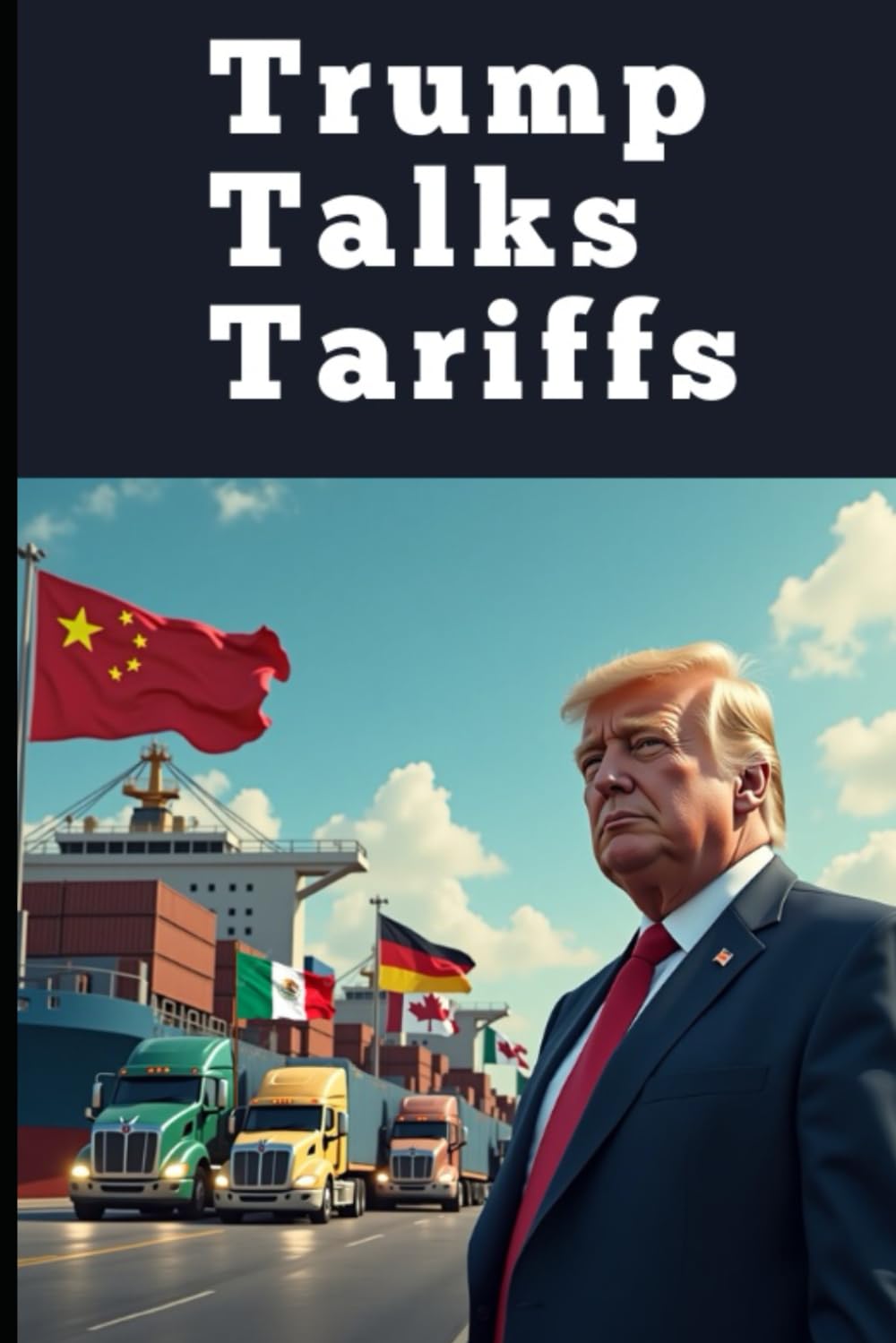Introduction: The Trade War Revolution
In Trump Talks Tariffs (2023), veteran economic journalist Allen Dennison dissects one of the most consequential—and controversial—aspects of Donald Trump’s presidency: his aggressive tariff policies. With unprecedented access to administration insiders and a data-driven approach, Dennison answers whether these measures revitalized American industry or triggered unnecessary global economic strife.
This isn’t just another partisan account. Dennison, a Wall Street Journal trade correspondent for 15 years, avoids ideological simplifications. Instead, he presents a granular, evidence-based examination of tariffs as geopolitical weapons, corporate safeguards, and political tools.
Key Sections Expanded
1. The Tariff Playbook: Strategy or Bluster?
Section 301 Tariffs: Targeting China’s “Unfair Practices”
- Implementation: How Trump leveraged Section 301 of the Trade Act of 1974 to impose $370B in tariffs on Chinese goods, citing intellectual property theft.
- Corporate Fallout: Case studies of companies like Harley-Davidson shifting production overseas to avoid retaliatory tariffs.
- Legal Battles: WTO challenges and the administration’s defiance of global trade norms.
Section 232 Tariffs: National Security or Protectionism?
- Steel (25%) and Aluminum (10%) Tariffs: Claims of protecting defense-industrial supply chains vs. EU accusations of disguised economic warfare.
- Retaliation: The EU’s $3.2B counter-tariffs on bourbon, Levi’s jeans, and motorcycles—and how Tennessee whiskey makers lobbied the White House.
2. Economic Impact: Winners, Losers, and Unintended Consequences
Jobs: The Manufacturing Mirage
- Gains: 12,000 steel/aluminum jobs added (Economic Policy Institute).
- Losses: 75,000 manufacturing jobs lost due to higher input costs (Fed study).
3. The China War: From Tariffs to Tech Bans
Phase One Deal: Hollow Victory?
- Promises: China’s pledge to buy $200B more in U.S. goods (energy, agriculture).
- Reality: Purchases fell 60% short by 2021 (Peterson Institute).
Final Verdict: The Definitive Account—With One Caveat
Pros:
- Unrivaled insider access + hard data
- Reads like a thriller (e.g., Navarro’s midnight tariff tweet storms)
- Avoids partisan traps; critiques both administrations fairly
Cons:
- Light on solutions (beyond “better planning”)
- Underplays agricultural sector suffering
“Dennison’s work is the The Art of War for modern trade conflicts—a must-read to understand 21st-century economic statecraft.”
Related Content
- Best Political Economy Books of 2024
- >How Biden Changed (and Kept) Trump’s Trade Policies
- US-China Trade War: Complete Timeline
